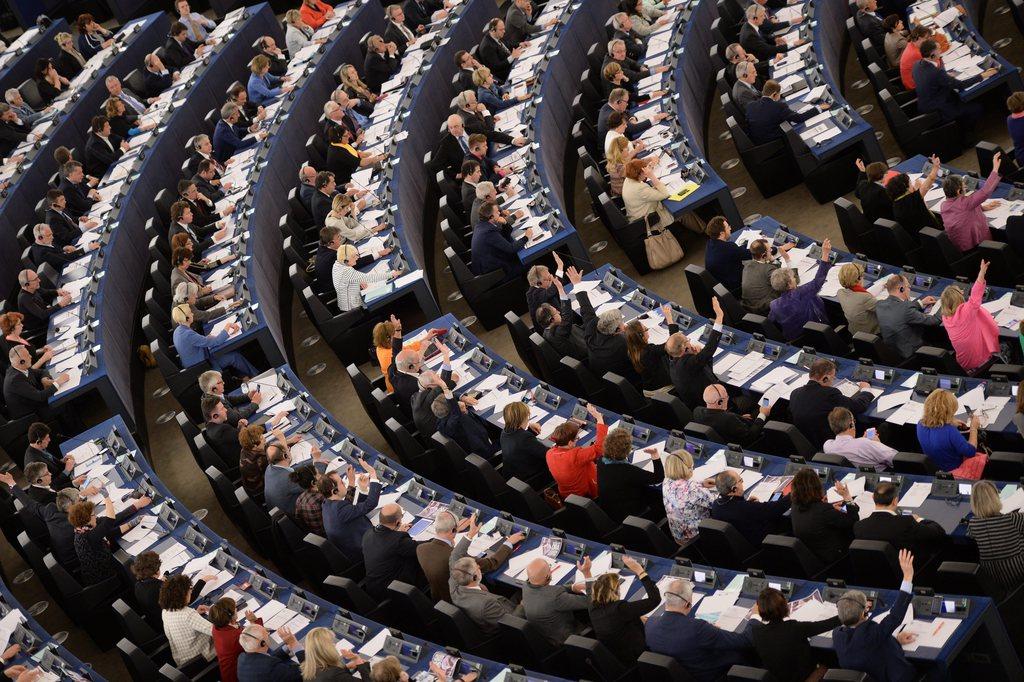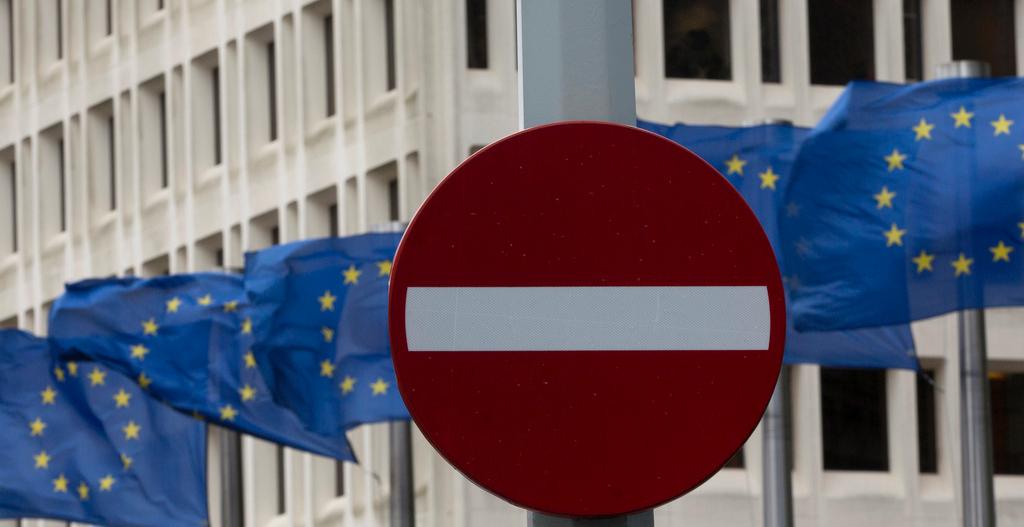EU bilaterals superior to free trade deal, says report

Switzerland’s raft of bilateral agreements with the European Union are more advantageous for the country than any comprehensive free trade agreement could be, a government report has concluded.
Switzerland’s set of over 120 bilateral treaties with the EU, its biggest trading partner, constitute a “tailor-made legal framework that takes account of the close economic and political ties between Switzerland and the EU as well as the country’s geographical location in the heart of Europe”, according to a government report released on Friday.
The document was commissioned following a question from senator Karin Keller-Sutter, a member of the centre-right Radical Party in 2013, who called for a comparison between the existing bilateral agreements and a hypothetical overarching free trade agreement.
Moving away from bilateral treaties would be a “step backwards”, according the report, which also received inputs from experts from the universities of Fribourg and St. Gallen.
A free trade deal would not address important elements of market access like “technical barriers to trade for industrial goods or in the agricultural sector, customs security, free movement of persons, mutual facilitation of market access in certain service sectors e.g. land and air transport”, it said.
The report said incorporating relevant elements of bilateral deals into a free trade agreement would depend on the willingness of the EU, which would prioritise its own best interests. In addition, a common market without harmonisation of legislation would be disadvantageous for a small, export-dependent country like Switzerland, the report concluded.
This issue has acquired greater significance following a vote in February 2014 in which Swiss citizens narrowly voted to bring back quotas on EU migrants to Switzerland. This is contrary to a bilateral agreement with the EU on the free movement of people in place since 2002, which allows citizens from member states to live and work in any of the countries involved. Since the initiative was voted-in, negotiations on various EU-Swiss bilateral and institutional issues have encountered difficulties

In compliance with the JTI standards
More: SWI swissinfo.ch certified by the Journalism Trust Initiative




You can find an overview of ongoing debates with our journalists here. Please join us!
If you want to start a conversation about a topic raised in this article or want to report factual errors, email us at english@swissinfo.ch.